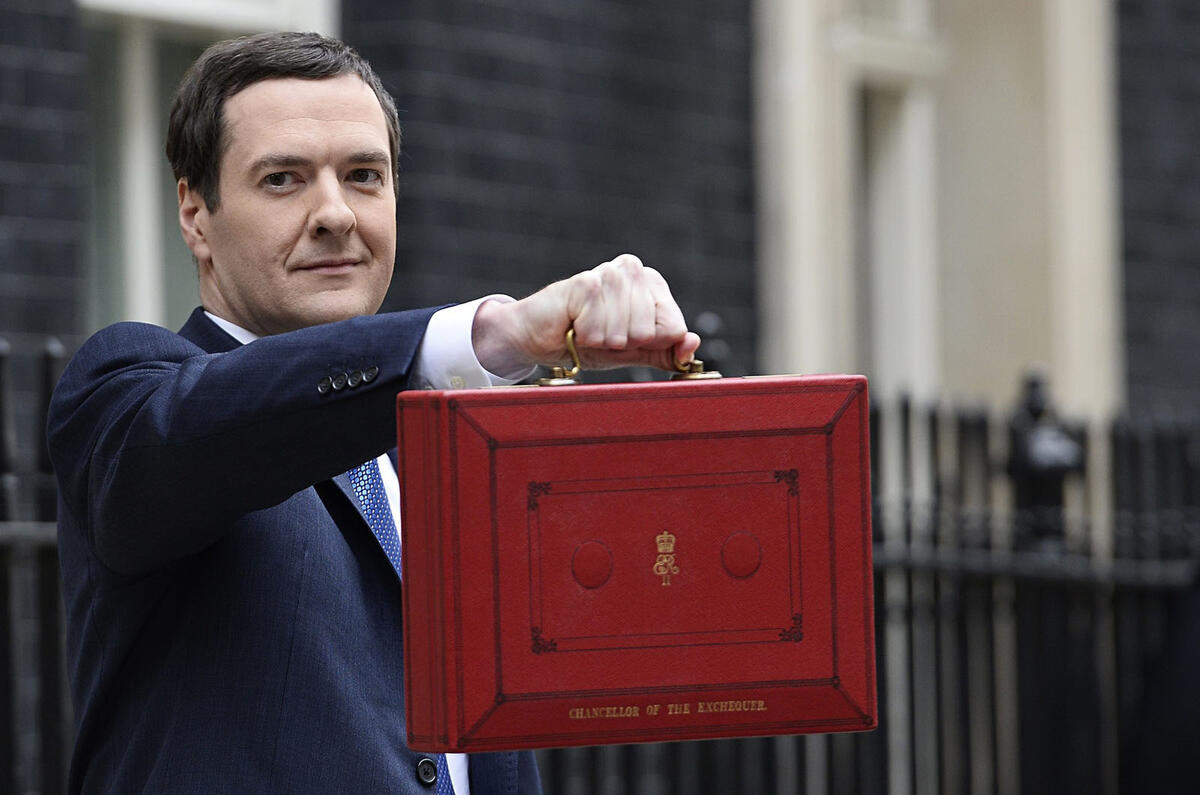Yesterday’s Budget statement is 141 pages long, so it takes a while to go through the fine detail and dig out what’s immediately relevant to motorists. And what the Treasury may be making quiet preparations for in the next decade.
The most obvious upside is that fuel duty has been frozen again, though Insurance tax has been pushed up another 0.5% to a nice, round 10%.
Perhaps most welcome for many car enthusiasts will be the decision to make the VED exemption for classic cars a ‘rolling’ 40-year rule. The Chancellor says that from 1 April 2017, any car that turns 40 years old before 1 January in that year becomes exempt from VED and its future replacement road tax.
And as new cars become more fuel efficient - at least according to the controversial EU combined cycle calculations - the Treasury has been busy adjusting tax breaks.
For example, if your business buys a car in order to be able to write off 100% of its cost in the first 12 months, the car will - from April 2018 - have to be rated below 50g/km of CO2 in the EC cycle, down from this year’s 110g/km.
That example may apply to very few car purchases, but it gives a direction of travel for future car taxation. CO2 tax break levels will be pushed down markedly to stay ahead of the increasing fuel efficiency of modern cars.
But, perhaps most surprisingly, the Budget says that CO2 output will continue to be used as the basis for vehicle taxation from 2020-2021. Considering the controversy over diesel-fired pollution and the part played by CO2 in driving the ‘dash for diesel’, that's a surprising decision.
Then again, four or five years from now, either future diesel engines will be truly clean in real-world use or petrol ‘mild hybrids’ will have taken over as the B and C-segment engines of choice.
The details of raising company car tax over the rest of decade were announced last year, but it’s interesting to see how much cash the Treasury expects to pocket in the next five financial years.
Freezing the fuel duty from April 2016 - which means not raising it in line with inflation - will ‘cost’ the Treasury around £450m per year until 2020-2021. However, raising the Insurance Premium tax by just 0.5% will raise an extra £205m or so every year for the next five years.
Keeping the 3% supplement for diesel company car tax is also scheduled to bring in an extra £270m a year for the next five years.





Join the debate
Add your comment
Suggestion
Medical education in the United States focused almost exclusively on curative medicine, while preventive care received little attention. This is wrong. Medical schools should spend as much time teaching their students how to prevent disease as teaching them how to cure them. I would refer you https://copycrafter.net/college-papers-for-sale.html. Some of these are discussed below. Many contagious diseases can be prevented with vaccines. In the year 1988, for every three cents America spent on elimination, it used 97 cents on curative treatment. The number of students enrolled in medical school is the highest ever. Each year, more people die from the disease than from accidental causes. As the population grows, the number of doctors in particular specialties has not kept pace. The conclusion is that medical schools are wrong. The basis of this claim is that they pay little attention to preventive medicine. The argument would be reinforced by a statement about the benefits of preventive medicine.
drivers license
WHY then does the government have the right to give me only 2 years - and charge me the 10 year cost!!)
this might also help you think !!
from BBC
New figures show that in the last five years, more than 56,000 drivers aged 70 and older have had their driving licence refused or removed for medical reasons.
The data, obtained from the DVLA by the price comparison website Confused.com, show that nearly 17,000 older motorists lost their licence in 2015 alone.
There are now more than 4.5 million drivers aged 70 and older on UK roads. This includes 239 motorists over the age of 100, and one man holding a full driving licence at the age of 108.
I do not agree that jus giving a license every 10 years after 70 - I believe that after 60 we should be forced to have a full medical and eye test and then a license for 5 years.
Will anyone use the tunnel?